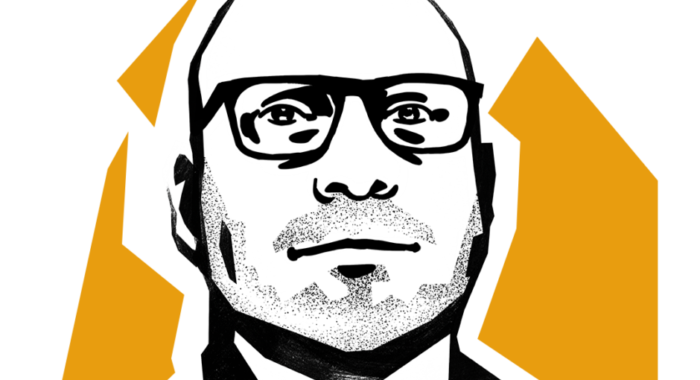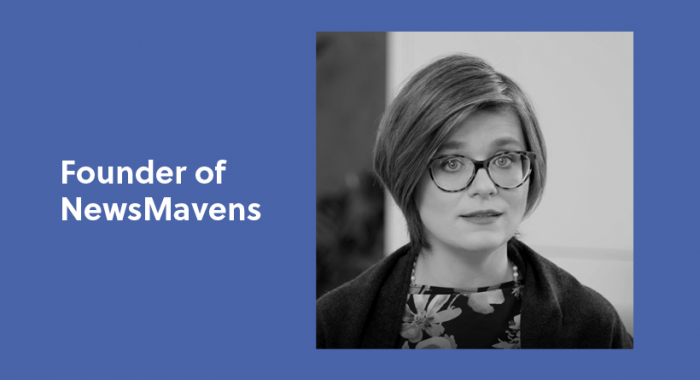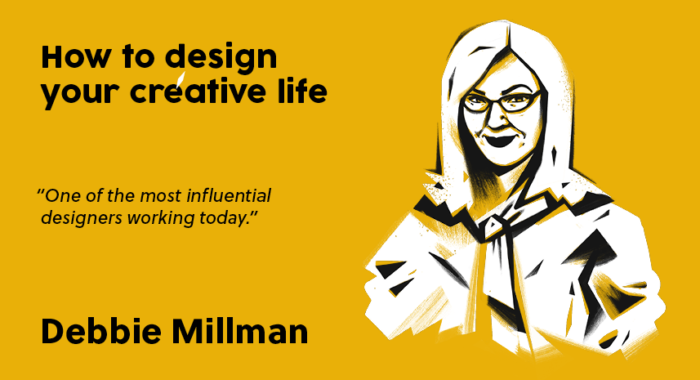Brian Reed: The groundbreaking podcast S-Town, downloaded 40 million times in its first month, setting a new record in podcasting. Reed spent more than three years reporting and writing S-Town, which began when a man named John B. McLemore asked Reed to investigate an alleged murder in his small Alabama town. The series received widespread popular and critical acclaim for elevating audio storytelling into the realm of great literature, and won a 2017 Peabody Award in the Radio/Podcast category.
Anne Hull: The 2008 Pulitzer-winning series on the mistreatment of injured veterans and poor living conditions at Walter Reed Army Medical Center during the Iraq/Afghanistan wars, written together with Dana Priest. Their work stirred up massive outrage amongst the Congress, the Pentagon, and the White House, but also change: top three Pentagon officials lost their jobs. It was a reminder for all the people at The Washington Post that journalism can still create powerful change in society.
Anna Rosling: See how the rest of the world lives, organized by income, Anna’s 2017 TED Talk explaining the concept behind Dollar Street – a tool that presents the world as a street, where the poorest live on one end and the richest at the other –, and why income shapes our living conditions much more than cultural differences.
A social innovator, Anna is co-founder of Gapminder – a Stockholm-based foundation whose mission statement is to fight devastating ignorance with a fact-based worldview anyone can understand –, and co-author of Factfulness, a book that outlines 10 dramatic instincts that make people misinterpret the world and offers concrete rules of thumb on how to control those instincts, in an effort not only to dismantle misconceptions but also to reduce the pessimism, stress, and anxiety that come with them. Read our Q&A with Anna on how to create a friendlier culture around information.
Nina Berman: What happens after the violence, a moving photo essay on the lifelong effects of sexual violence, written by award-winning photojournalist Nina Berman about the 25 years in which she followed and collaborated with a survivor of childhood sexual trauma and abuse for her latest book, An Autobiography of Miss Wish. The book tells Cathy’s story and her struggle to survive and find physical and emotional safety, to assert herself as an artist and narrator, and to craft a life while living in a state of flashbacks, trauma, and addiction.
Jonah Sachs: Confessions of an idea bully, an article in which Jonah details the genesis of his latest book, Unsafe Thinking, and the lessons he came away with. When he realized that his leadership style had become a burden for his team’s creativity, Jonah dug into research about creativity and performance and interviewed trailblazers in business, health, education, and activism. The resulting book reveals how all of us can adopt a bolder mindset that can lead to innovation and change.
On October 10, Jonah will be present at the launch of his book in Romanian, published by Black Button Books. Join him at 7 PM, at Mezanin for a talk on how to lead creative teams.
Romanian versions of three of #Story18 speakers are ready to hit the bookstores this month. https://t.co/02X1nJtvQH
— The Power of Story (@pofstorytelling) October 2, 2018
Andy Mills: Listen to the two innovative podcasts Andy helped create at The New York Times: Caliphate, a breathtaking audio series about reporter Rukmini Callimachi’s quest to understand the Islamic State, and The Daily, a podcast that focuses on the previous day’s most important news and events. Read more about the process behind finding the voices for the two podcasts in the interview Andy gave us.
"The Daily" from The New York Times takes you deeper into the stories of the moment with the journalists on the ground. Listen each weekday at nytimes.com/thedaily
Gepostet von The New York Times am Montag, 27. August 2018
Diana Markosian: Inventing my father, one of Diana’s most intimate projects, in which she documents her encounter with her dad, after 10 years of separation. Magnum photographer Diana Markosian’s images explore deeply personal stories, varying from documenting the lives of young Chechen girls coming of age in the aftermath of war, to a film on Armenian survivors. Her work is both conceptual and documentary, allowing her subjects to dictate the outcome, and her images can be found in publications like National Geographic Magazine, The New Yorker and The New York Times. Try also this piece in The Guardian about refugee children learning to swim in Germany.
Elle Reeve: Charlottesville: Race and Terror (Vice News Tonight/HBO), a documentary following an alt-right extremist and his gang as they prepare and march in downtown Charlottesville to affirm white supremacy. Elle’s coverage from inside of the movement won her many accolades, among them a Peabody, a Shorty Award, and four Emmys.
Murray Nossel: The six basic principles of the Narativ Storytelling Method, a method that executive coach, motivational speaker, performer, and psychologist Murray Nossel developed over decades of experiences to enable organizations to transform their businesses and connect with their audience, by integrating storytelling into all communications, improving teamwork and collaboration through listening and learning, boosting creativity, spreading ideas, and sparking true innovation. These principles and the laying ground for his book, Powered by Storytelling: Excavate, Craft and Present Stories to Transform Business Communication, which will be available in Romanian at the conference.
Jennifer Brandel: Curious City, the groundbreaking audience-first series at WBEZ, an experiment in including the public in editorial decision-making, making journalism more transparent and strengthening multimedia coverage about Chicago and its people.
Watch also this video explaining the public-power journalism model behind Hearken, the consulting tech company that Jennifer founded to help newsrooms involve their public in their editorial decisions.
Mila Turajlić: An interview with Serbian filmmaker Mila Turajlić discussing her new film, “The Other Side of Everything”, with anthropologist Owen Kohl. Mila directed two highly appreciated documentaries exploring the disintegration of Yugoslavia: Cinema Komunisto and The Other Side of Everything, a journey into her family history and the way it reflects the broader national dilemmas, which won 14 awards. We will screen The Other Side of Everything during the first day of the conference.
Zuzanna Ziomecka: How women can design Europe’s political revolution, a TEDx talk by Polish media innovator Zuzanna Ziomecka about how we should start seeing women and women’s movements as an engine for change. In 2017, Zuzanna launched NewsMavens, an online news magazine curated and recommended exclusively by women journalists from all over Europe, to see what would happen if women chose and explained the news. A year later, she presented the lessons learned so far.
Vlad Mixich: The way we share information about our health, a TEDxBucharest speech about how unverified or misused information, belief in world conspiracies or internet based self-medication has led to a regress in treating various illnesses and use of vaccination, worldwide and in Romania as well.



